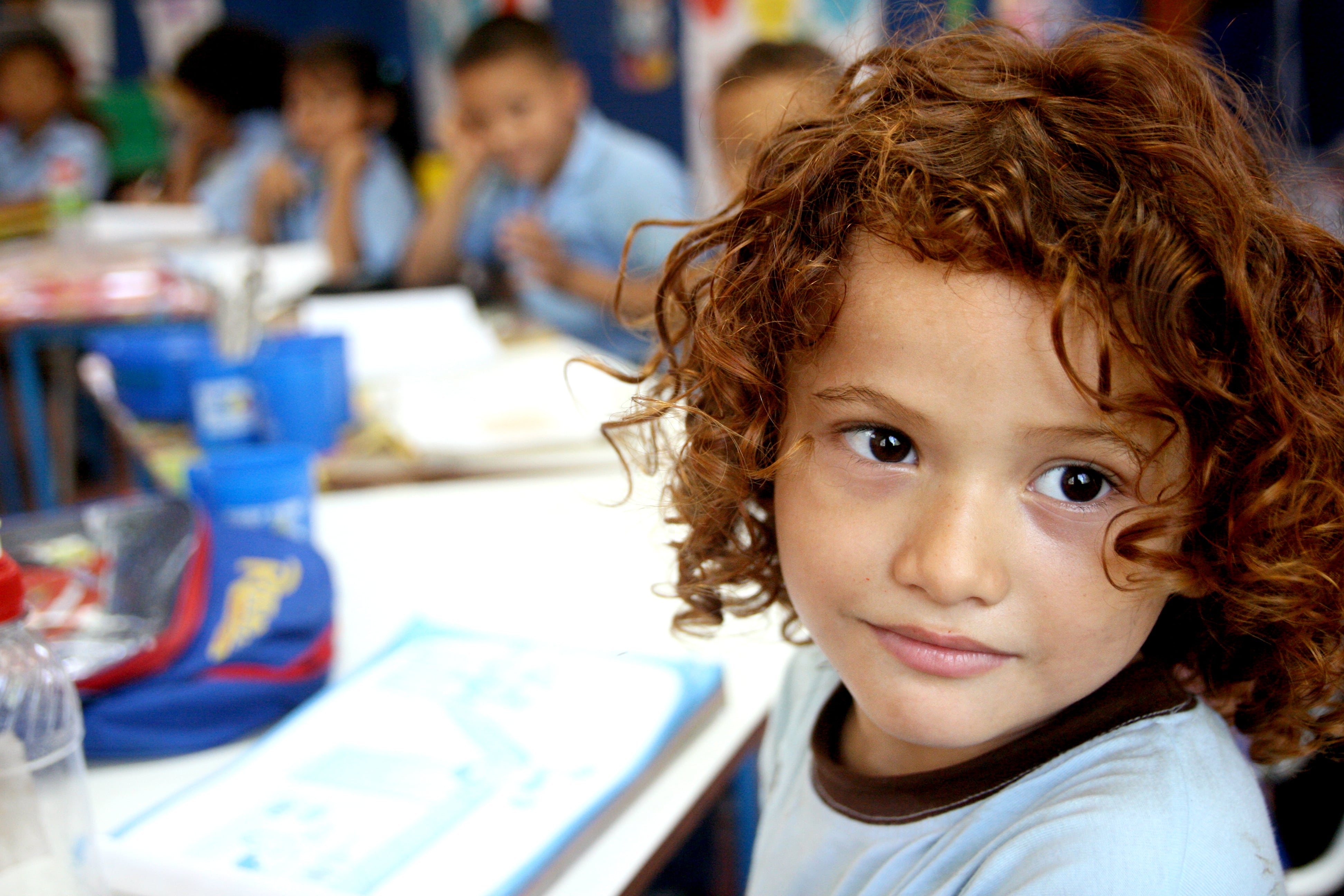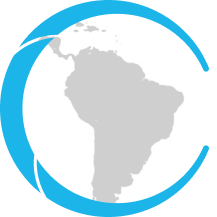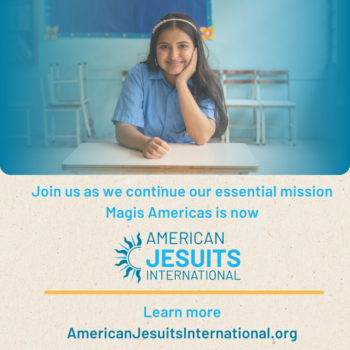Current Situation
El Salvador is the most densely-populated country in Central America.
In the 1980s, this tiny nation was ravaged by a bitter civil war stoked by gross inequality between the overwhelming majority of the population and a small but wealthy elite that left around 70,000 people dead. A United Nations-brokered peace agreement ended the civil war in 1992, ushering in important political reforms, but the country still suffers from the legacy of a divided society. These divisions, and the ongoing violence, have led many Salvadorans to flee their homeland. As of 2019, 1.6 million Salvadorans, 24.8 percent of the country’s total population, lived abroad.
El Salvador also has a high exposure to natural hazards, such as earthquakes as well as volcanic eruptions, and is highly vulnerable to climate change impacts. There are frequent occurrences of floods, droughts, and tropical storms, all of which disproportionately affect poor and vulnerable populations.
Finally, while substantial improvements have been made in terms of educational indicators, 47% of Salvadorans have still not completed secondary school. The COVID-19 pandemic has also had devastating impacts on the education of Salvadoran girls, boys, and youth, as Latin America and the Caribbean have had the highest school closure rates in the world.
The Solution
Community led responses that address educational needs, respect the rights of migrants, and care for our Common Home are essential to an integral approach. Fe y Alegría, for example, runs 18 primary schools and five technical training centers. These training centers offer courses in computer programming, mechanics and manufacturing, and culinary arts and provide Salvadoran participants with the skills and experience necessary to find local employment and to act as protagonist in their own development.
Our Partners
Our partners in El Salvador include Fe y Alegría, Centro Ignacio Ellacuría, and Red Jesuita con Migrantes.


